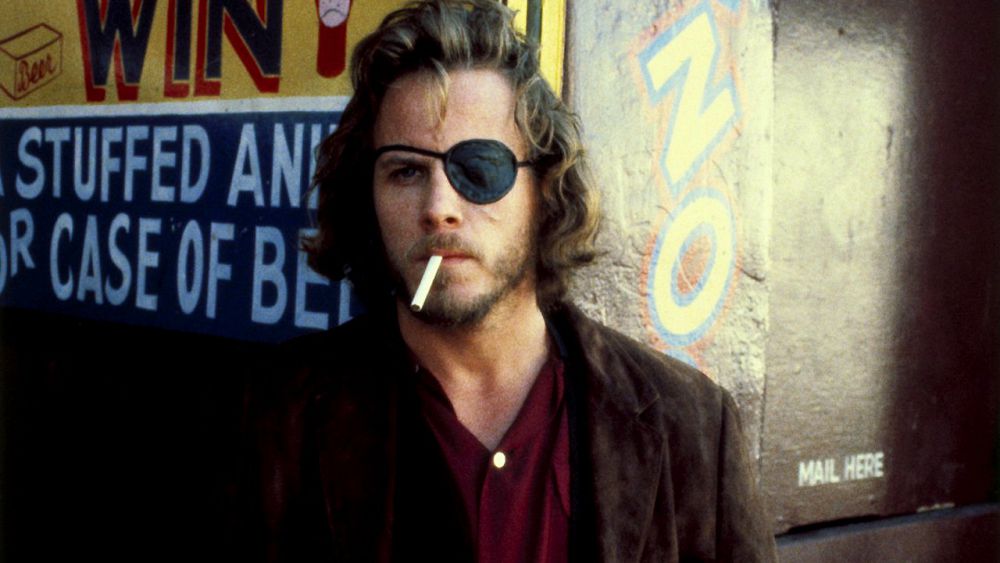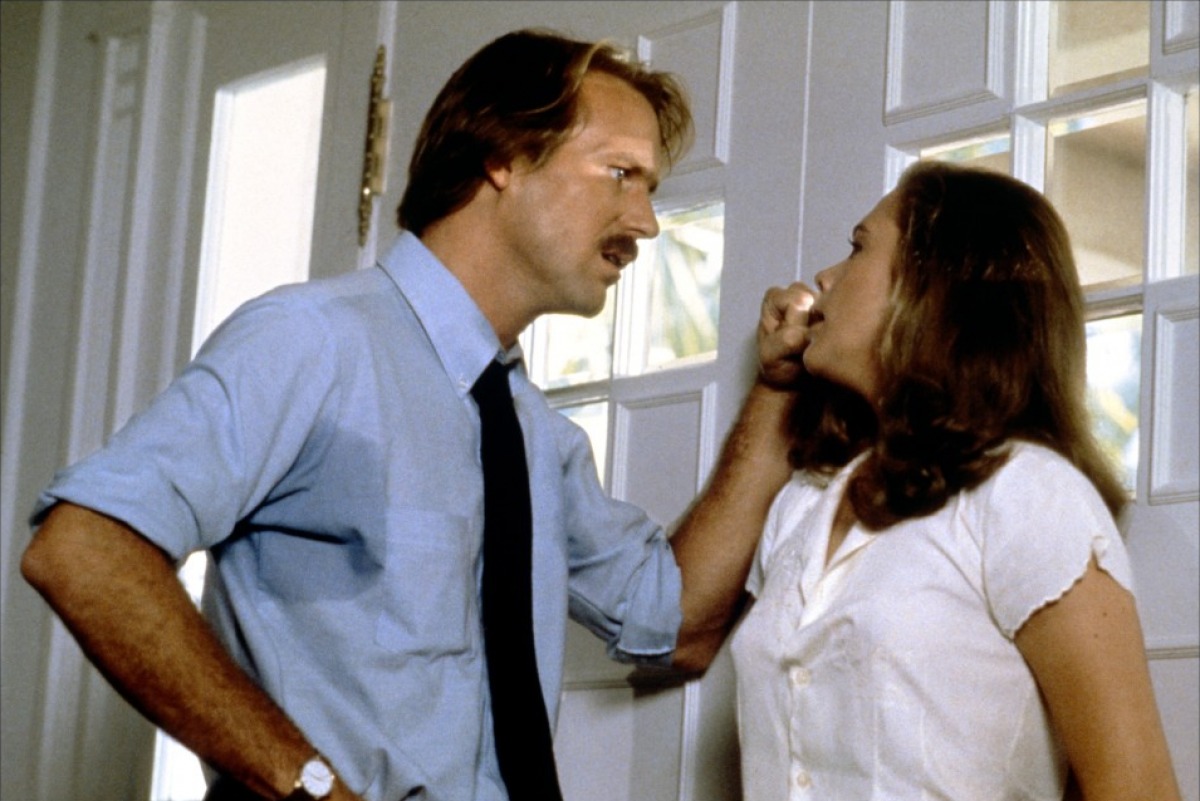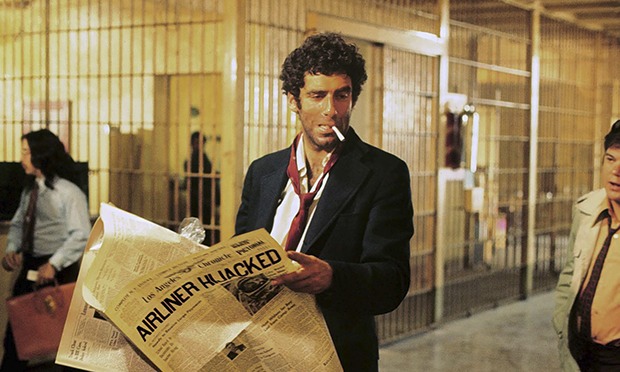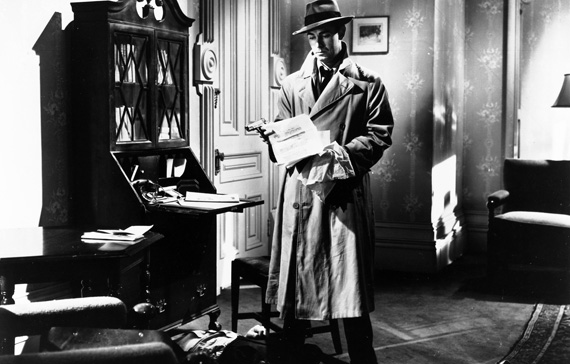
Ever since he burst onto the scene with “Slacker” and “Dazed and Confused” in the early 1990s, Richard Linklater has solidified himself as one of the most essential voices in American cinema as well as an unflagging champion of film preservation, having spent the past four decades curating series as film programmer at his Austin Film Society.
This year, the mastermind behind the Before trilogy and “Boyhood” is making the rounds online once again on the heels of “Hit Man”, a genre-splicing rom-com based on true events that had its hotly-anticipated streaming debut on Netflix on June 7. Led by a star-making turn by burgeoning A-lister Glen Powell, the film tells the stranger-than-life story of Gary Johnson, a meek college philosophy professor posing undercover as a ruthless hitman who falls head over heels in love with one of his targets (Adria Arjona) during one of his assignments.
Praised for its knockout performances and a whip-smart screenplay with enough moral dilemmas and narrative hijinks to make Hitchcock’s head spin, “Hit Man” has already become one of the buzziest film releases of 2024 and is widely being touted as a return to form from one of Hollywood’s premiere directors and a diehard movie geek with an overwhelming movie knowledge. To celebrate Linklater’s latest crowd-pleaser, we have rounded up 10 thriller movies, listed in no specific order, that the Austin-born auteur has spoken highly of over the years, many of which have influenced his own spin on the hitman subgenre.
1. Cutter’s Way (1981)

Neo-noir aficionados looking to fill in their blindspots after watching Linklater’s wry genre pastiche should consider tracking down this criminally underseen deep cut starring young Jeff Bridges in a proto-Lebowski role as Richard Bone, a 30-something slacker-turned-amateur gumshoe who gets roped into a big conspiracy implicating a shady California tycoon after witnessing the disposal of a corpse in an alley.
Named by Linklater as one of the greatest films of the 1980s decade and one of the best sunlit noirs (“right up there with 1974s “Chinatown” by his own admission), “Cutter’s Way” is a fine reworking of classic genre tropes that was unfairly pulled from theaters and widely panned by pundits (including the late Roger Ebert) but has slowly achieved cult status after securing a small but loyal fanbase in the following decades.
While introducing a screening of the movie at his Austin Film Society in 2014, Linklater said that though unfair as it is that “Cutter’s Way” got dumped by the studio for being “way ahead of its time”, it endures today as a “bleak, post-Vietnam political paranoia thriller about powerful forces” that also benefits from a career-best performance by John Hurt in the role of an unstable vet.
2. Body Heat (1981)

The heyday of the classic film noir had long passed when “Raiders of the Lost Ark” screenwriter Lawrence Kasdan took it upon himself to jolt new life into the genre in his first rodeo in the director’s chair. Simmering tension begins to boil over between William Hurt’s feckless small-town lawyer and Kathleen Turner’s cunning femme fatale as they satisfy their libidos and bloodlust during one particularly smoldering Florida summer in this sleazy tale of greed, power, and lust, stewed from bits and pieces from Billy Wilder’s seminal “Double Indemnity” (which also earned a big shout out from Linklater).
In a recent promotional video for Vanity Fair, Linklater generously credited the influence of “Body Heat” in his much-anticipated feature movie and went on to call it a “stone-cold masterpiece” that masterfully blurs the line between good and evil and also helped devise the romantic backbone of 2024s “Hit Man”.
“We don’t live in the moral universe of the Hays Code, where no sin could go unpunished. Put a charming, hot couple in a movie, and they can get away with murder,” Linklater notes. “And they do here.” You don’t have to peer too closely at this ’80s gem to spot the similarities with “Hit Man”, especially given the fact that the latter lifted the memorable bathtub scene in its entirety from the former.
3. The Long Goodbye (1973)

If watching this year’s Glenn Powell-led Netflix’s chart-topper has left you aching for more pitch-black crime comedies anchored by an impossibly charismatic leading man who ends up well out of his depth, we have just the right movie for you. Featuring a career-best turn by 1970s pop-culture icon Elliot Gould, Robert Altman’s tongue-in-cheek adaptation of Raymond Chandler’s hard-boiled novel finds wisecracking L.A. private eye Philip Marlowe scouring for clues throughout Tinseltown after helping an old pal drive south of the border.
Like many of the brand-name filmmakers of his generation, Linklater has a soft spot for this highly influential noir riff, identifying it as one of his four favorite films of all time earlier this year as part of Hit Man’s press cycle in conversation with Letterboxd. The director had previously had a chance to talk about its strengths at length while discussing his early cinema-going days at the 2017 New York Film Festival. During the chat, he praised Altman’s commitment to authenticity, pitch-perfect casting and fluid camera movement and fondly remembered the time he bumped into the maverick auteur and confessed to him that watching this particular film changed his life.
“Talk about moments: “The Long Goodbye” is just one incredible moment after another.”
4. They Live (1988)

Another 1980s masterwork Linklater selected to screen and present as part of his “Jewels in the Wasteland” 2017 series at his Austin Film Society is John Carpenter’s scathing Reagan-era anti-capitalist takedown based on Ray Nelson’s 1963 short story, which finds Canadian professional wrestler Roddy Piper in the role of an unemployed L.A. construction worker who unwittingly stumbles upon a pair of enigmatic sunglasses that reveal hidden, subliminal messages placed by the elite meant to keep the human race subdued and obedient.
During the post-film discussion, Linklater explained that given the big ad push and wide distribution that it got at the time, he came in expecting a big conventional studio flick, but was pleasantly surprised when it turned out that it was pretty low-budget, indie, wonderfully eccentric, clever, action-packed, and fun. “It felt subversive just to be at the mall watching it on opening weekend. Carpenter delivered the goods man! You can tell he had something to say, a big F you to everybody, and he said it with such oomph that, though I loved it at the time, I really wished I was 17 when I first watched it.”
5. This Gun for Hire (1942)

More than just about any other film in this list, this cool slice of wartime American cinema directed by Frank Tuttle feels perhaps the most analogous to Linklater’s latest Netflix hit. Newcomers looking for a solid onramp to brush up on their film noir couldn’t ask for a better jumping board than “This Gun for Hire”, which clocks in at a crisp, tight 81 minutes and tells the story of a professional assassin with a soft spot for cats and blonde bombshells who’s hellbent on exacting revenge on his double-crossing boss after being paid off in marked bills for his last job.
One of the handful of serial killer films Linklater included around the 18-minute mark voiceover montage in “Hit Man”, “This Gun for Hire” served as a key point of reference for what the director tried to achieve in Gary Johnson’s journey from nerdy professor to smitten undercover agent. During an interview with Vanity Fair as part of the film’s press cycle, the mastermind behind “Before Sunrise” and “Boyhood” geeked out over what he considers one of the quintessential entries of the film noir canon and specifically singled out Alan Ladd’s performance as Philip Raven for praise. “Even though he is not really even the lead, that’s what everyone remembers”.